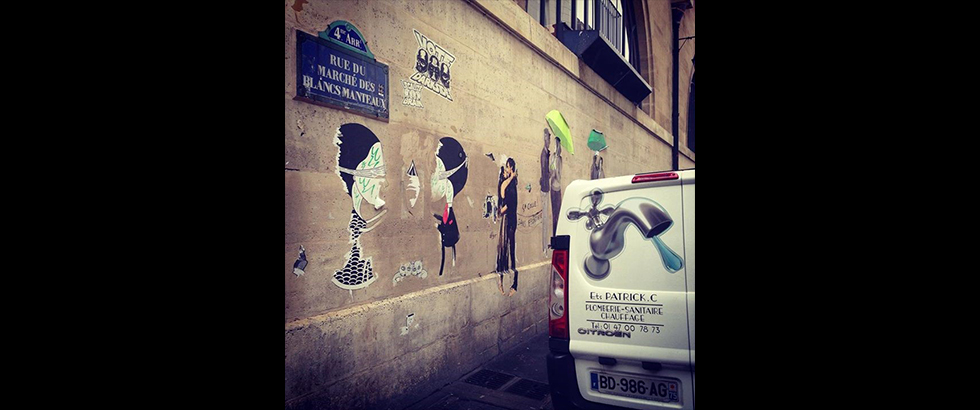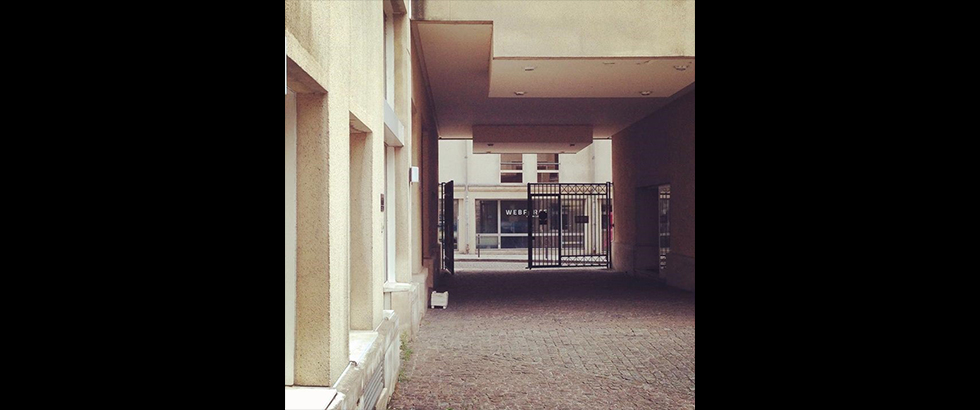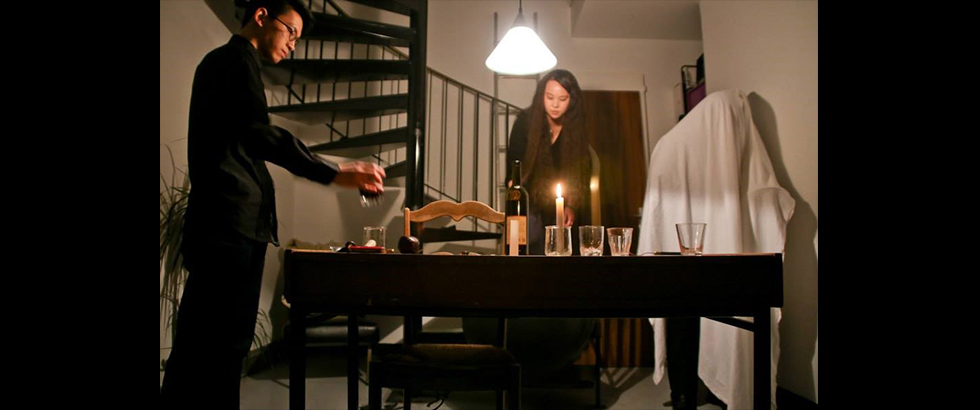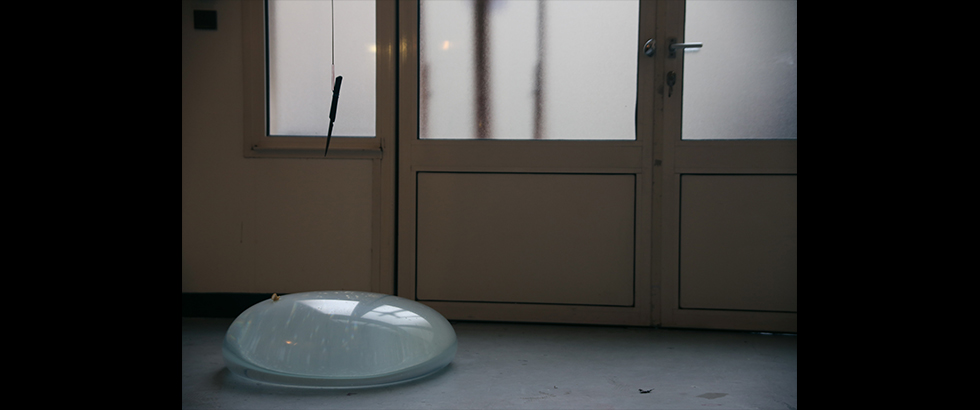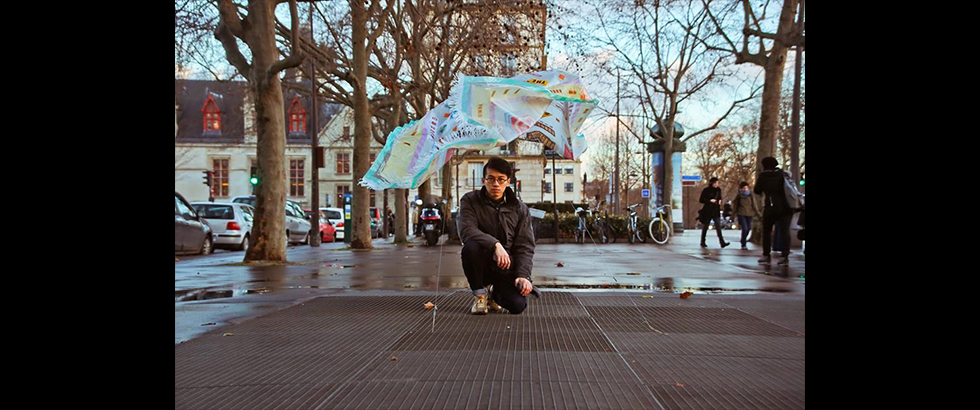Artists
Photo Credit: NIU Chun-Chiang
LIN Cheng Wei
LIN Cheng Wei
| Location | France / Paris |
|---|---|
| Residency | Cité Internationale des Arts |
| Year of the Grant | 2014 |
Thoughts on Residency Program:
Observation of Arles Photography Festival
Some southern French cities, such as Avignon and Arles, host various themed art festivals every summer, such as Festival d’Avignon, where performers, artists, art enthusiasts, and tourists from all over the world come together, bringing new vitality to these towns. The growing investment in art over the years has further integrated the unique local features, tourism, and art.
On the other hand, art festivals in Taiwan always need mascots to facilitate merchandise sales. Over the years, major biennials and regular annual exhibitions have been held, but the curatorial themes, the ensuing effects of the exhibitions, or the number of visitors and their reaction to the exhibitions have all been disappointing. Moreover, it is hard to believe that this legacy of experience of failure reflects no proper mindset of curators or museums. Organizers should reconsider or adopt more creative methods of execution, rather than simply follow the previous ways of doing things, and try to find a way to not fail as miserably.
By involving the entire city, Arles has given rise to a city-wide movement; through curators’ intentional arrangements of renowned artists and experimental works, the photography festival does not target small specific group of audience who understand the artistic language, nor is it a tourist attraction where tourists come to admire celebrity artists; the organizer adopts a more compromised format, which makes it easier to market the festival to the world, and develop the festival into a more effective national art nurturing event.
Taiwan’s mindset regarding art festivals and biennials still shows the country’s lack of confidence as it regards itself as inferior to other nations. When it comes to exhibitions, organizers in Taiwan over-emphasize Taiwan’s global status, and put on full display a “love Taiwan” attitude, resulting in topics that have no global implications and leave no mark in the history of art. The worst part is that the events attract almost no international audience, and the festivals remain events that cannot generate profits or benefits. From the success of Arles, I believe it is a great model for Taiwan to learn from. In addition to collaborate with cities to promote the cities internationally, events like this also facilitate aesthetic education of the local people. There are better ways than the extreme cases of the Rubber Duck or Taipei Biennial.
